
March 31, 2010 Correction:
In the cutline for the printed photo, Jeremy Weprich was identified as the president of the club. He is not the president.
By Thalib Razi
As Earth Day approaches in this recovering economy, students may wonder how they can help the environment without harming their pocketbooks. Junior Jeremy Weprich has an answer.
Recently, Weprich helped start a club at this school called Carmel Green Lights to promote the use of compact fluorescent light (CFL) bulbs, which he said use 75 percent less electricity than even normal fluorescent bulbs, which themselves are quite efficient. Over the course of its lifetime, he said, a CFL bulb can save a homeowner up to $50 in electricity costs than if regular bulbs were used.
“We’re going to be giving out these bulbs for free to homeowners in Carmel, so we can reduce pollution and carbon emissions in the long run,” Weprich said.
The concern behind this project is the idea that carbon dioxide emissions are bad for the environment because they contribute to global warming. But a recent Pew Research survey found that the number of Americans who believe there is solid evidence of rising global temperatures has fallen by 20 percent since early 2007. This makes it harder for environmentalists like Weprich to promote energy efficiency.
According to Patricia Clark, PhD, ecology professor at IUPUI, the struggling economy may be the main reason as to why more people are treating global warming with indifference, as they worry about their houses and jobs and don’t have time to worry about the planet.
The Pew Research survey found that as a “top priority” of Americans, the economy has surged at the expense of issues like global warming, health-care, immigration and crime.
Also, without the high gas prices of 2008, people no longer face such harsh consequences for using fossil fuels and are less likely to view them as culprits of climate change, according to Clark.
“There are consequences occurring globally; we have seen receding ice cover in the Antarctic as well as on Mount Kilimanjaro, where the melted ice is the main source of fresh water for a large number of people,” Clark said. “But nothing has affected us yet.”
In fact, nine states, most of which are located here in the Midwest, experienced “much below normal” summer temperatures last year, and support for global warming there was considerably weaker, according to the Pew Research study.
Junior Evan Gilmer said he heard on BBC Radio that overall global temperatures have actually decreased in recent years. He said he is skeptical of the imminence of a global warming threat. He said he believes the planet undergoes natural temperature cycles over time and human impact is actually quite minimal.
“The factories and cars the global warming activists are aiming at don’t produce nearly as much carbon dioxide emissions as everyday things like the exhaling of the entire human population or methane produced by cows,” Gilmer said. “So if it’s really as bad as they say, we’re probably already screwed.” But according to Weprich, even if man-made global warming has been overblown by the media and poses no real threat in the immediate future, the value of conserving the planet’s limited resources still stands. Energy efficiency will keep the air clean, homeowners prosperous and the environment beautiful, he said.
“As a community, Carmel values art and beauty, with all of our new buildings and our art center and statues,” Weprich said. “So think about (the planet) as your home. If someone told you, ‘Well, you’re going to have your house forever,’ would you say you wouldn’t have to clean it or take care of it?”
In agreement, Gilmer said energy-efficient technology like CFL light bulbs and household insulation benefit both the planet’s resources and the world economy. However, he said he does have a problem with “green-brand” innovations like ethanol-powered cars, because developers destroy emission-reducing rainforests to plant ethanol-producing crops.
“Scientists in the future may decide one way or another about global warming,” Weprich said, “but frankly, science plays the smallest role for me. I just feel like we owe it to the planet that provides everything for us to use as little as possible in the most efficient way, with the least impact on the plant and animal species we share it with.”














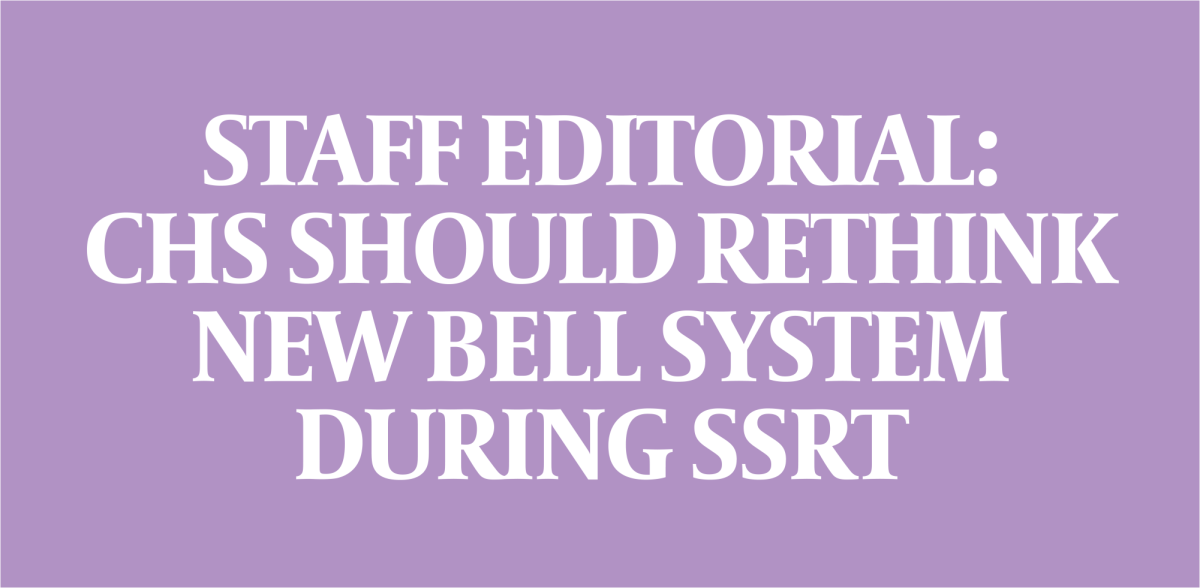

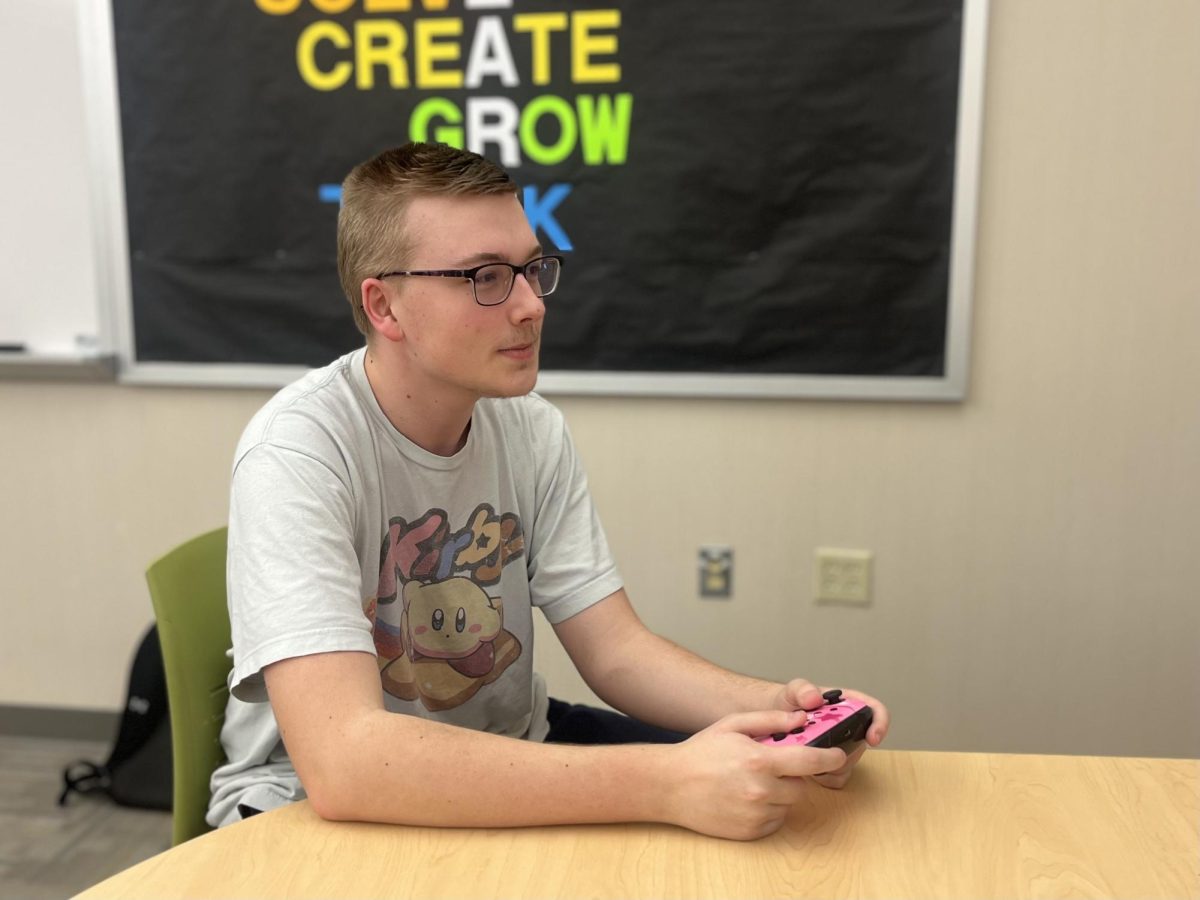
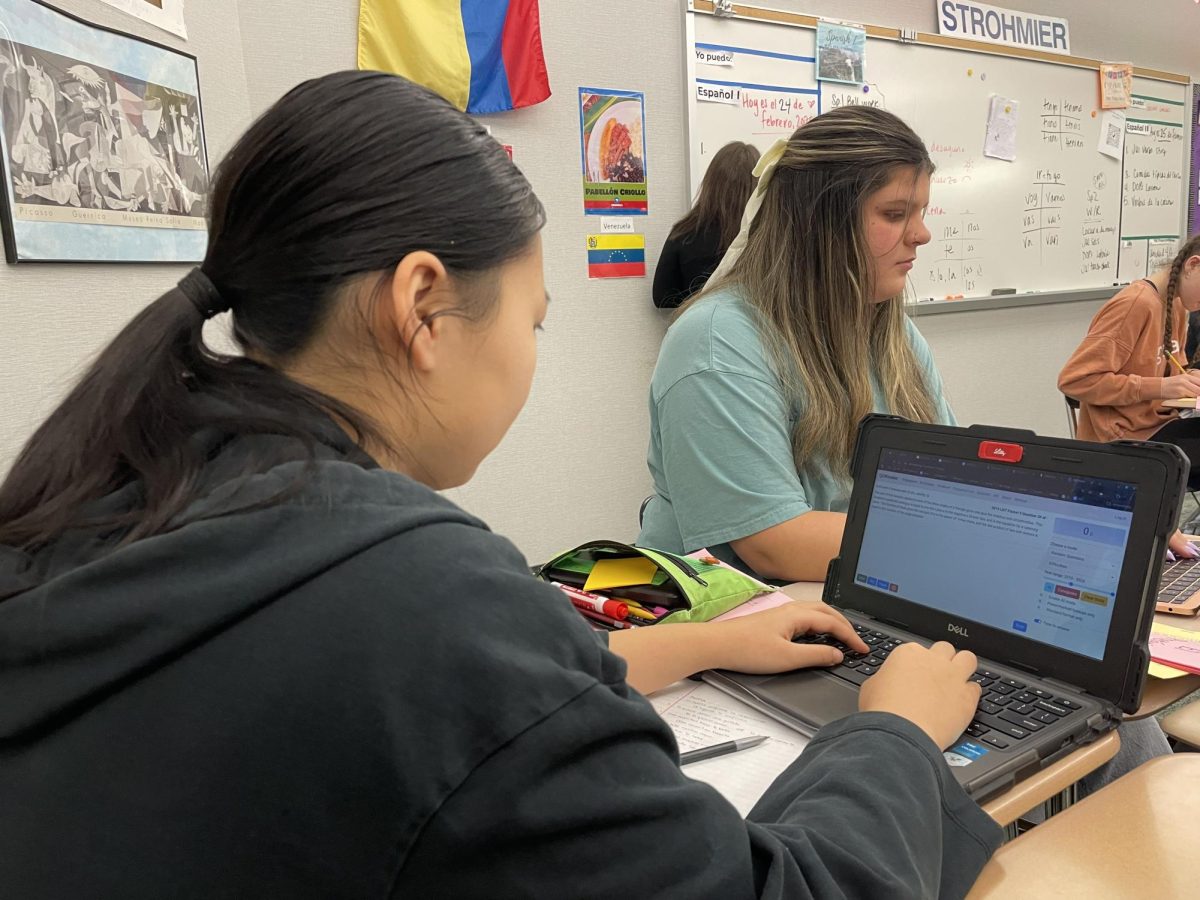
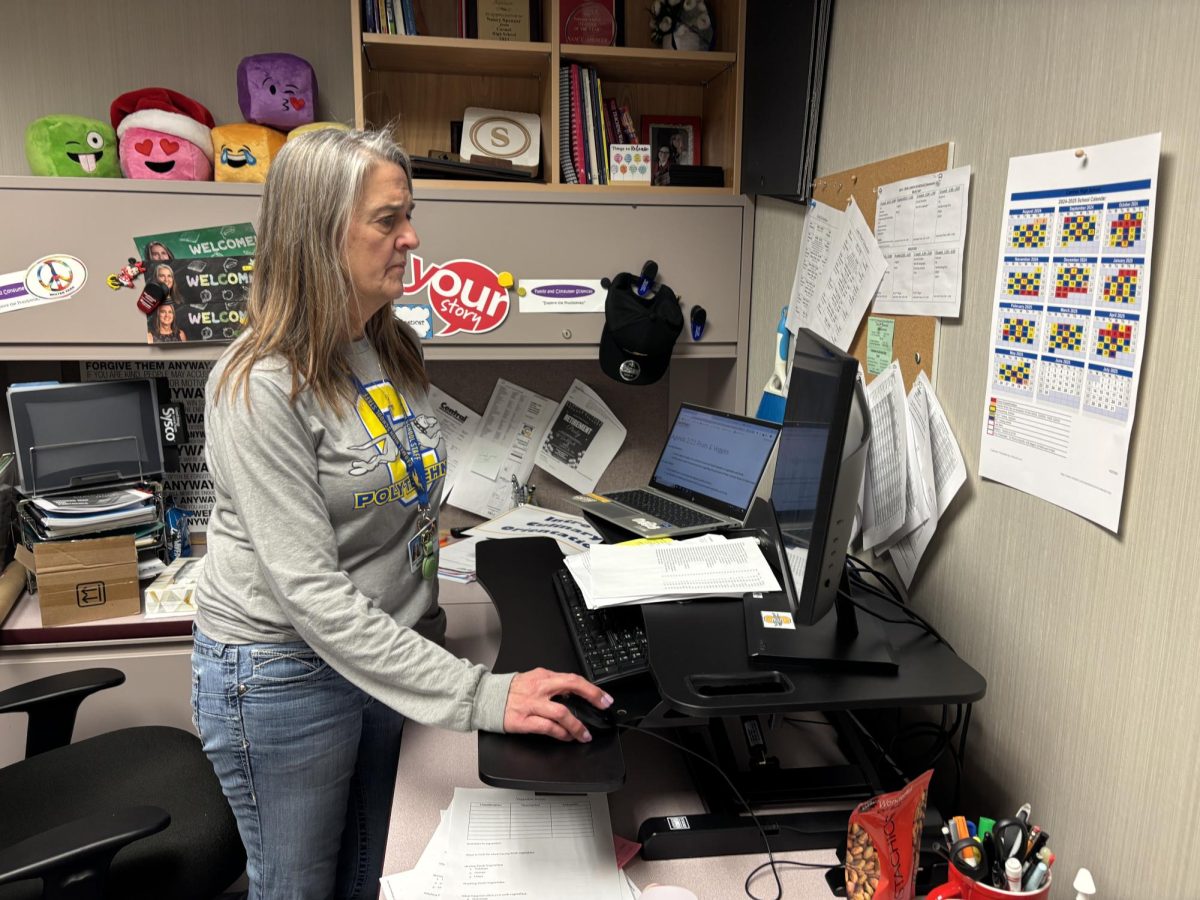




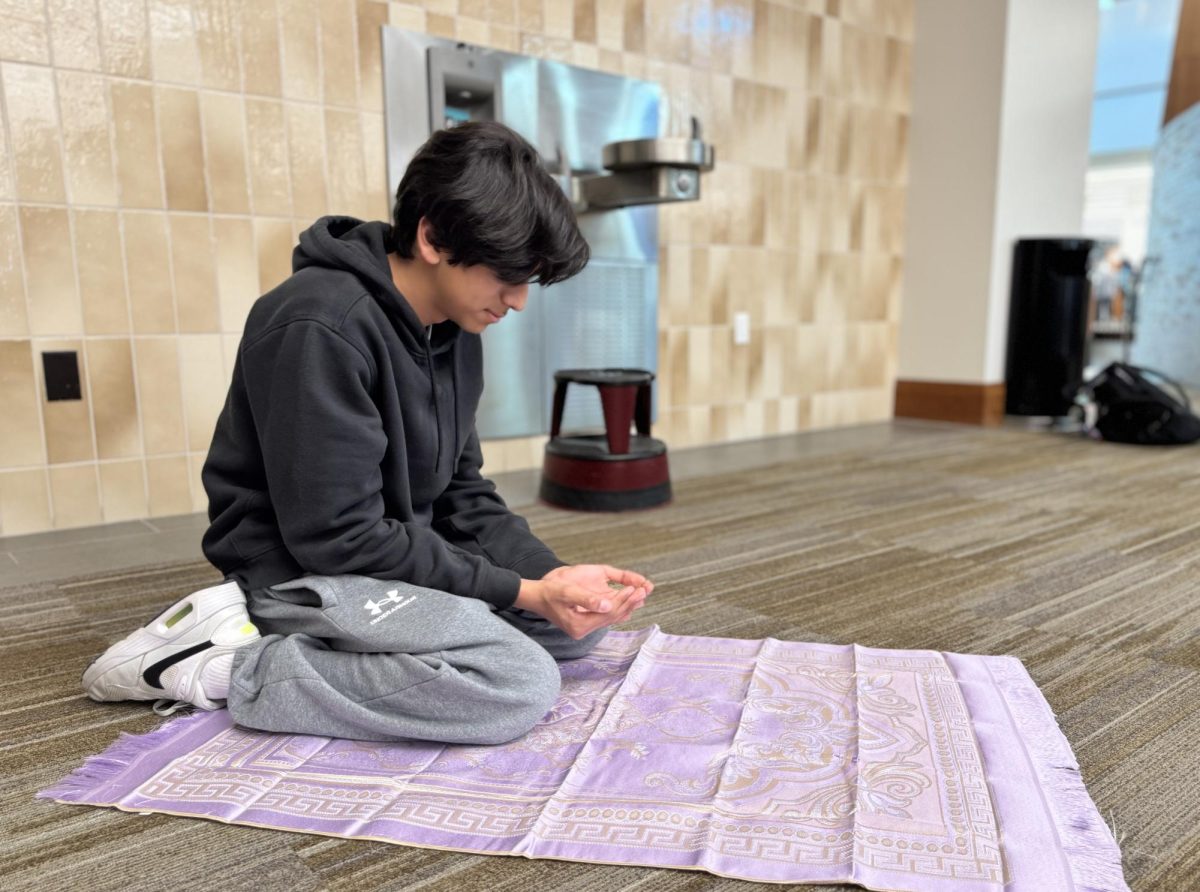
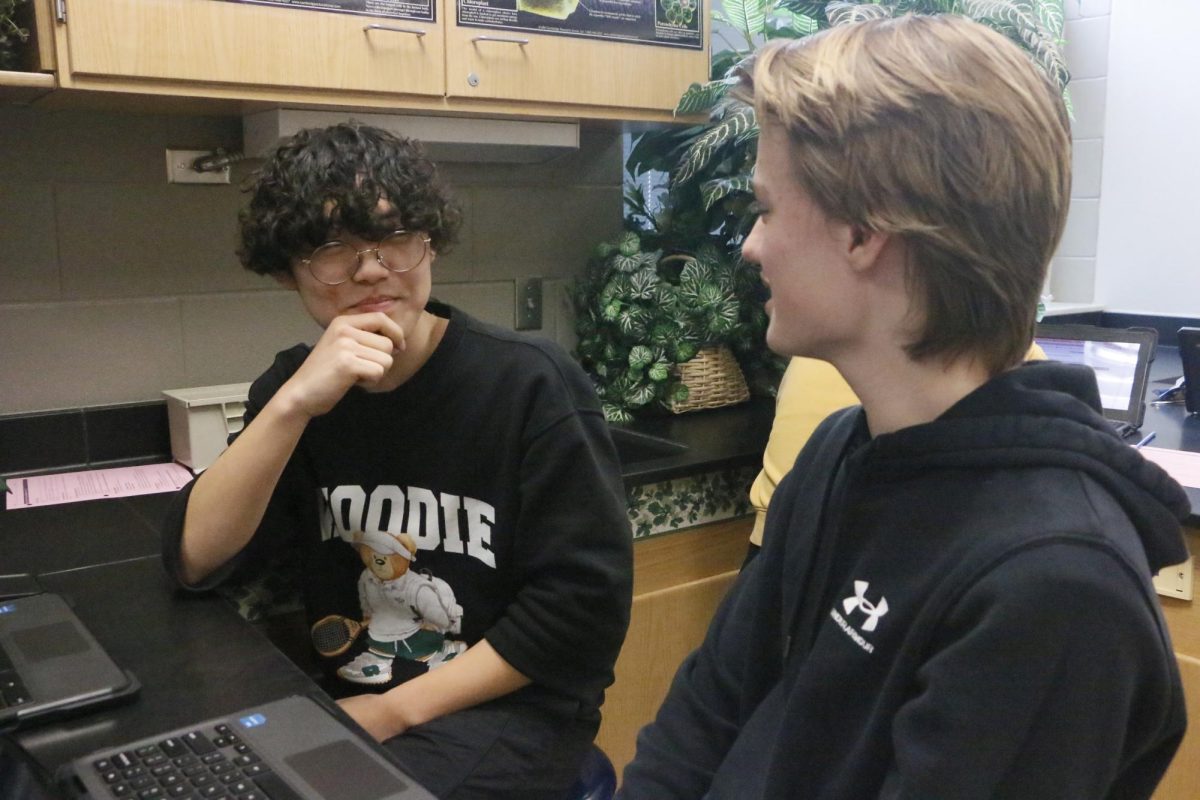



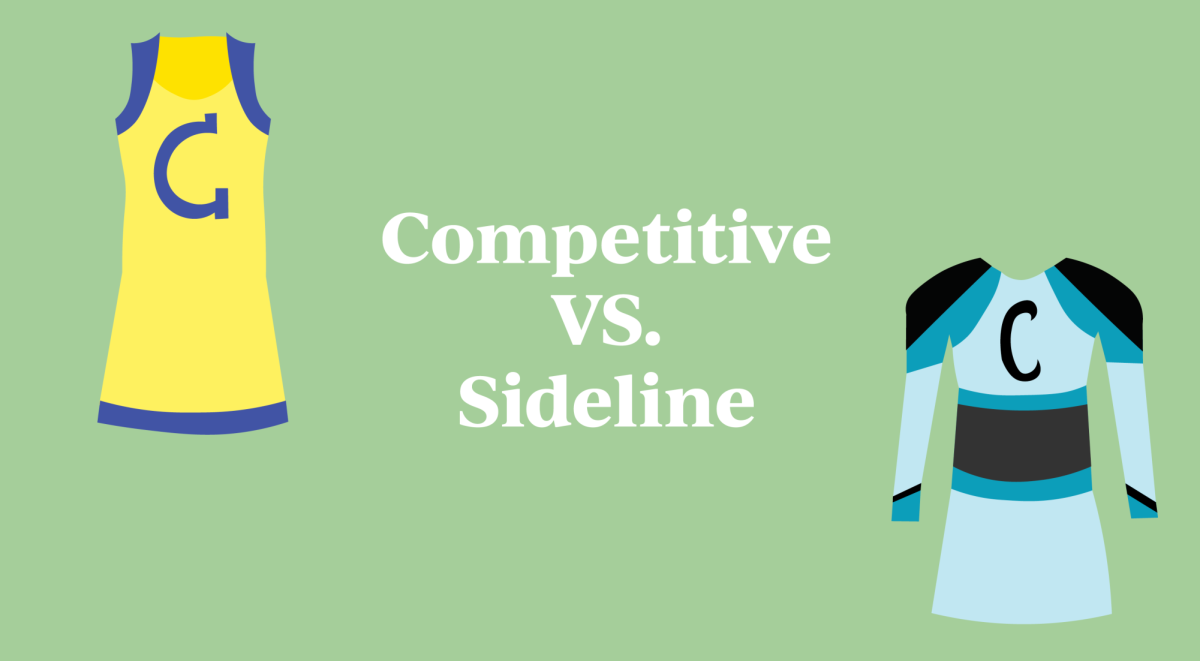
![AI in films like "The Brutalist" is convenient, but shouldn’t take priority [opinion]](https://hilite.org/wp-content/uploads/2025/02/catherine-cover-1200x471.jpg)


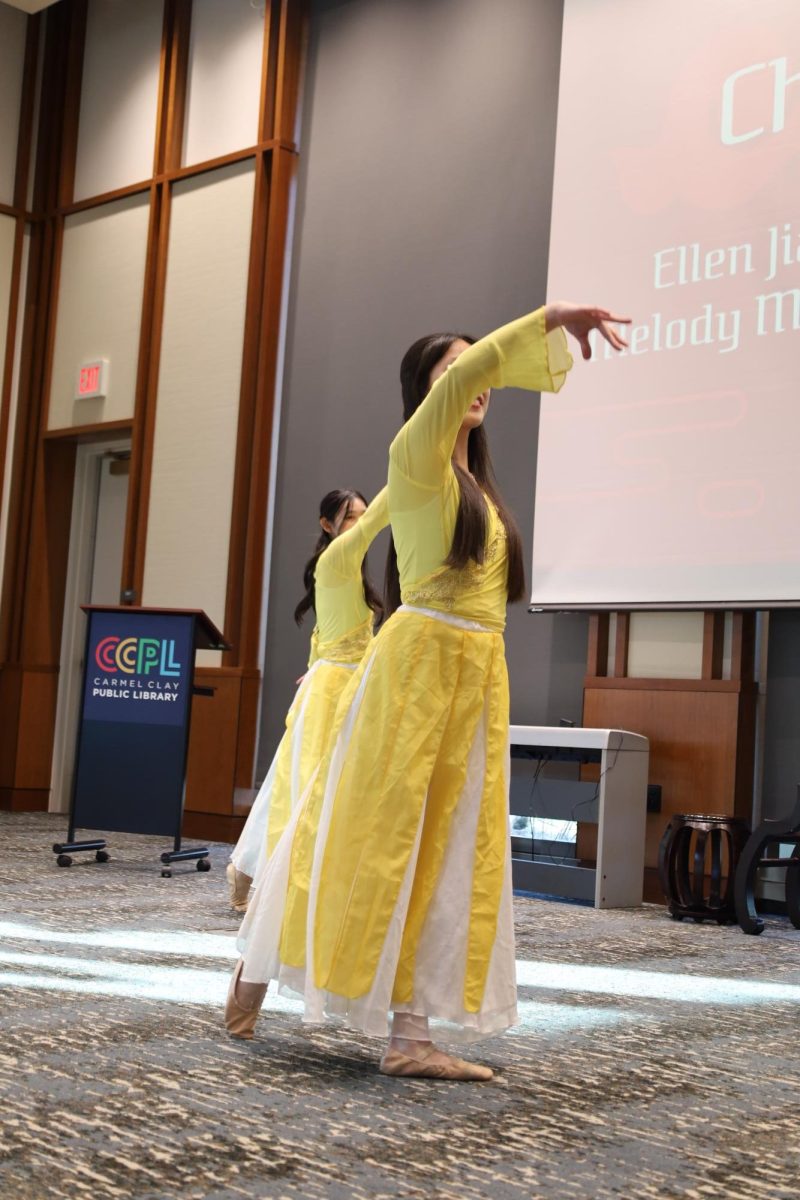
![Biopics should focus on accuracy, implementing new stories [opinion]](https://hilite.org/wp-content/uploads/2025/01/updated-biopics-cover-1200x471.jpg)




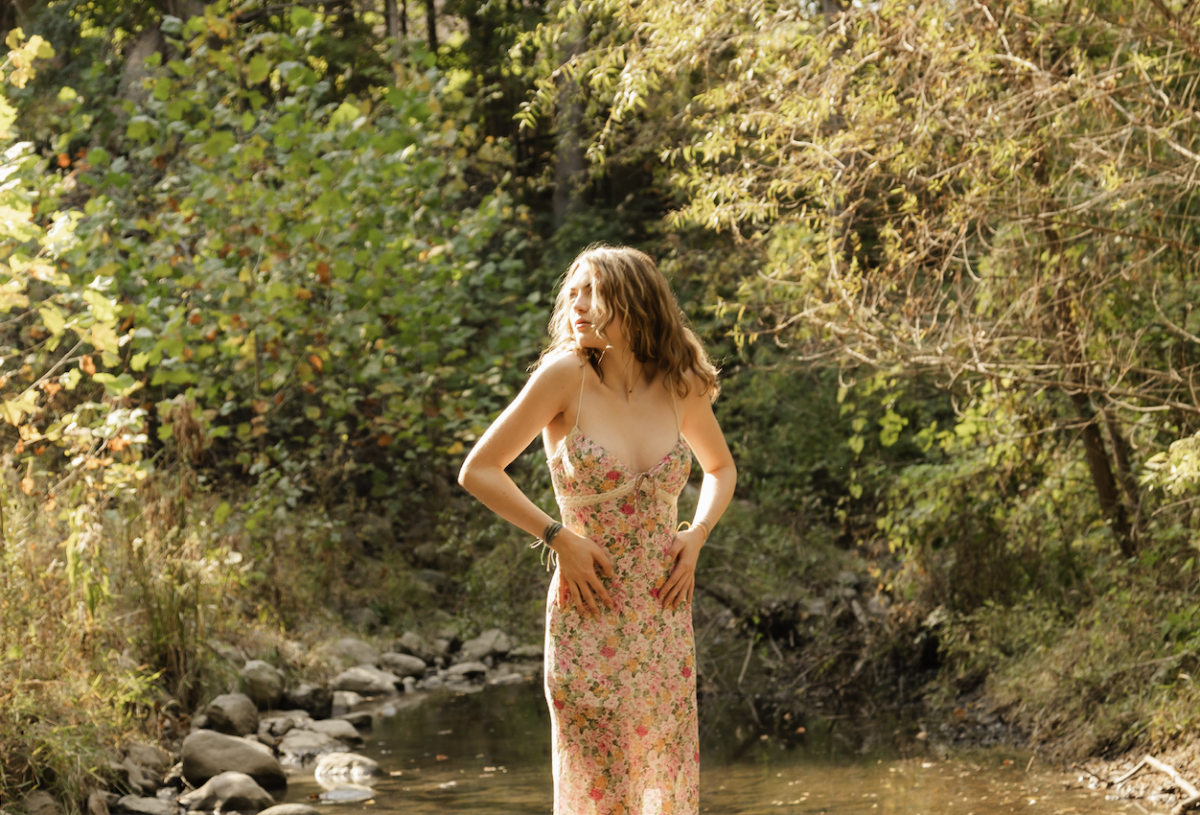





































![Review: Few biopics succeed, but “Better Man” does [MUSE]](https://hilite.org/wp-content/uploads/2025/02/MV5BODU1NmRkZWUtOTY5NS00MjQwLTk4NGYtYTEzOTRkNWI3NzYxXkEyXkFqcGc@._V1_-960x1200.jpg)
![Review: “Transformers One” is a refreshing and exciting addition to the franchise [MUSE]](https://hilite.org/wp-content/uploads/2025/01/unnamed-3.png)
![Review: “Journals” is the gift that keeps on giving [MUSE]](https://hilite.org/wp-content/uploads/2024/12/monkey.jpg)
![Review: “Sonic 3” does everything great from the past two movies, and arguably even better [MUSE]](https://hilite.org/wp-content/uploads/2025/01/unnamed-2-812x1200.png)
![Review: Who should have really won season 33 of "Dancing with the Stars"? [MUSE]](https://hilite.org/wp-content/uploads/2024/12/Dancing-with-the-Stars-Photo-1200x657.png)
![Review in Print: Maripaz Villar brings a delightfully unique style to the world of WEBTOON [MUSE]](https://hilite.org/wp-content/uploads/2023/12/maripazcover-1200x960.jpg)
![Review: “The Sword of Kaigen” is a masterpiece [MUSE]](https://hilite.org/wp-content/uploads/2023/11/Screenshot-2023-11-26-201051.png)
![Review: Gateron Oil Kings, great linear switches, okay price [MUSE]](https://hilite.org/wp-content/uploads/2023/11/Screenshot-2023-11-26-200553.png)
![Review: “A Haunting in Venice” is a significant improvement from other Agatha Christie adaptations [MUSE]](https://hilite.org/wp-content/uploads/2023/11/e7ee2938a6d422669771bce6d8088521.jpg)
![Review: A Thanksgiving story from elementary school, still just as interesting [MUSE]](https://hilite.org/wp-content/uploads/2023/11/Screenshot-2023-11-26-195514-987x1200.png)
![Review: "When I Fly Towards You", cute, uplifting youth drama [MUSE]](https://hilite.org/wp-content/uploads/2023/09/When-I-Fly-Towards-You-Chinese-drama.png)
![Postcards from Muse: Hawaii Travel Diary [MUSE]](https://hilite.org/wp-content/uploads/2023/09/My-project-1-1200x1200.jpg)
![Review: "Ladybug & Cat Noir: The Movie," departure from original show [MUSE]](https://hilite.org/wp-content/uploads/2023/09/Ladybug__Cat_Noir_-_The_Movie_poster.jpg)
![Review in Print: "Hidden Love" is the cute, uplifting drama everyone needs [MUSE]](https://hilite.org/wp-content/uploads/2023/09/hiddenlovecover-e1693597208225-1030x1200.png)
![Review in Print: "Heartstopper" is the heartwarming queer romance we all need [MUSE]](https://hilite.org/wp-content/uploads/2023/08/museheartstoppercover-1200x654.png)

